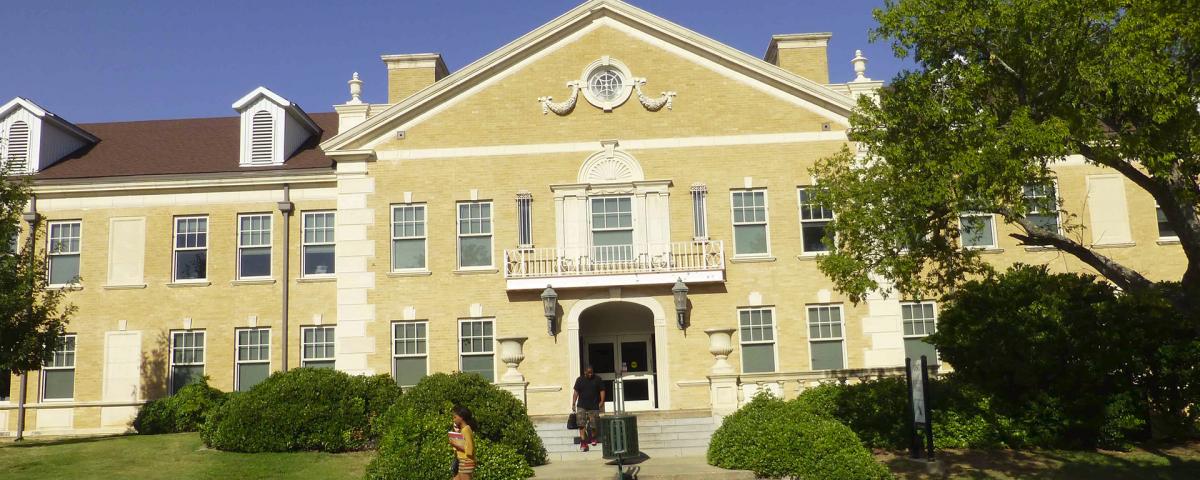Help people experiencing addictive disorders.
The demand for Licensed Chemical Dependency Counselors (LCDCs) in criminal justice agencies, schools, medical facilities, social welfare programs and private practice is urgent. In an effort to help meet this rapidly growing demand, UNT’s minor in Addiction Studies prepares you for a challenging and rewarding career.
Courses cover all levels of alcohol and drug use, as well as other behavioral addictions; their symptomatology, personal and social impacts, and treatment. The program is structured to meet the state licensing educational requirements for licensure as a chemical dependency counselor (LCDC) when paired with either a related major OR an addiction practicum.
Details
The minor in Addictions studies is designed for students interested in working with individuals experiencing addictive disorders. The program is structured to meet the state licensing educational requirements for licensure as a chemical dependency counselor (LCDC) when paired with a related major OR an addiction practicum.
The demand for Licensed Chemical Dependency Counselors (LCDC’s) in criminal justice agencies, schools, medical facilities, social welfare programs and private practice is urgent. In an effort To help, UNT’s minor in Addiction Studies prepares you for a challenging and rewarding career, UNT’s Addiction Studies program in the Department of Rehabilitation and Health Services offers an 18-hour minor in Addiction Studies that prepares students for this challenging and rewarding career.
The minor may fulfill the educational requirements for state licensure as a chemical dependency counselor. Courses cover all levels of alcohol and drug use, as well as other behavioral addictions, their symptomatology, personal and social impacts, and treatment.
Addiction Studies Required Courses
The minor in Addiction Studies requires completion of six courses (18 hours) and must consist of:
Plus four of the following courses (12 hours):
(Students seeking licensure are advised to take RHAB 4375, RHAB 4475, RHAB 4675.)
Students interested in receiving a minor in rehabilitation studies require 18 total hours of rehabilitation courses: nine required and nine electives.
Rehabilitation Studies Required Courses (Nine Hours)
- RHAB 3100 - Disability and Society
- RHAB 4200 - Physical and Psychosocial Aspects of Disability I
- RHAB 4700 - Employment Services
Rehabilitation Studies Electives (Nine hours)
(Nine hours of classes from the list below must be taken in addition to the required courses)
- RHAB 3000 - Microcounseling
- RHAB 3900 - Case Management in Rehabilitation
- ADDS 3975 - Addictions
- ADDS 4075 - Drugs and Alcohol
- RHAB 4100 - Rehabilitation Service Delivery
- ADDS 4175 - Addiction Counseling Methods
- ADDS 4275 - Substance Use Disorder and Rehabilitation
- RHAB 4300 - Introduction to Psychiatric Rehabilitation
- ADDS 4375 - Addiction Counseling and Groups
- ADDS 4475 - Chemical Dependency Assessment
- ADDS 4575 - Current Issues in Substance Use Disorder
- ADDS 4675 - Addiction Counseling Practices
- RHAB 4800 - Topics in Rehabilitation Studies
- RHAB 4880 - Practicum


